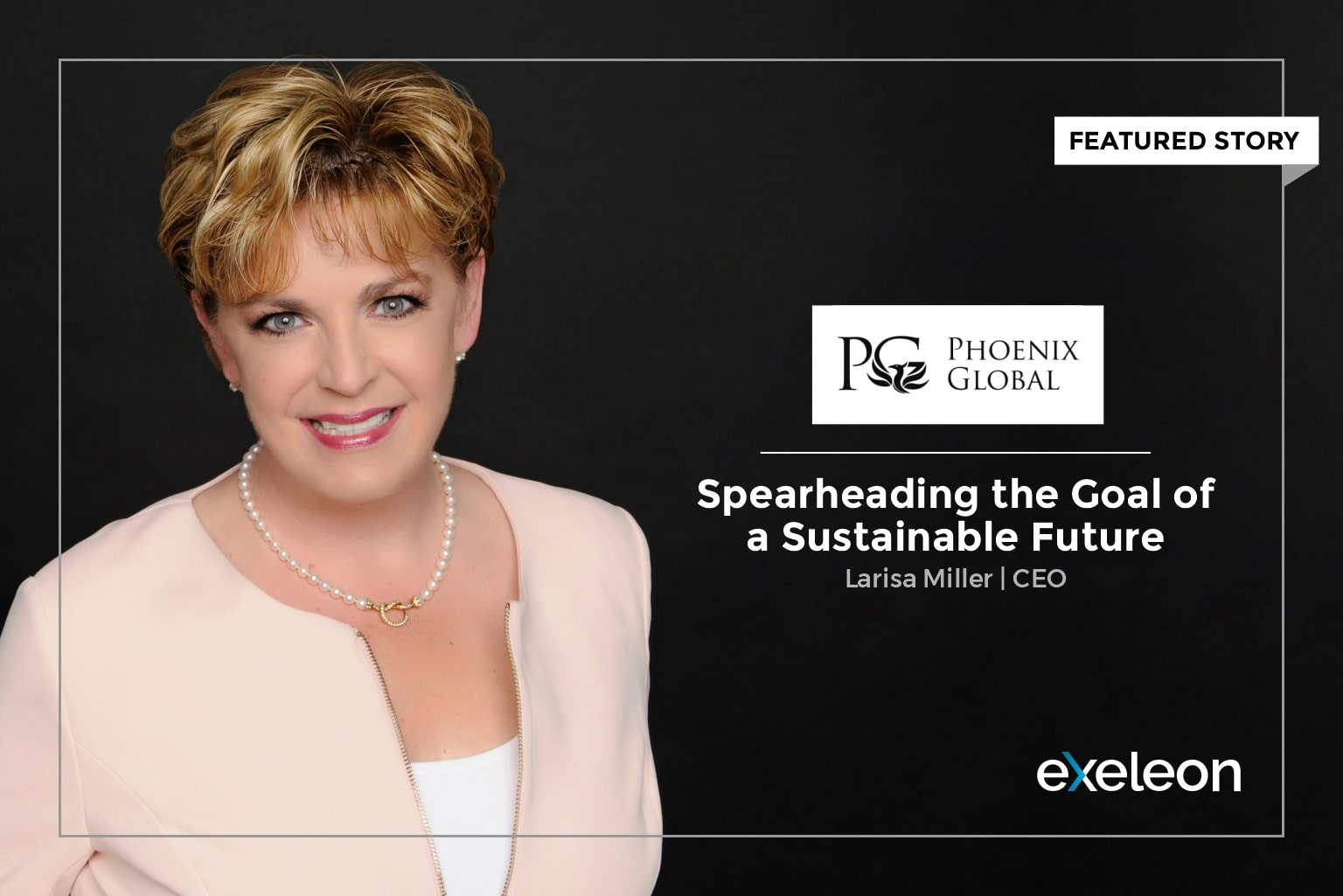
A fundamental necessity for life is shelter. Since the dawn of man, our need for shelter and housing has been fundamental to our existence, and this will always remain a necessity for survival. Why then is housing one of our greatest global crises? These questions are raising a storm in the States and forcing us to reconsider our priorities.
The prognosis of the US housing market is a grim. Home prices are rising, accelerating the cost of living, while wages are slow to keep up. This portends a darker future, lurking beneath the falsely optimistic market behavior. The problem becomes evident when the rates at which the cost of housing and wages are analyzed. . In almost 80% of the US market, the housing prices are witnessing a steep rise, creating a gap with wages that will become unbridgeable as we move forward into this ever-disruptive future. The NLIHC estimates that the United States has a shortage of 7 million affordable rental homes for Americans with incomes below the poverty line or 30% of the local median income. With the high percentage of student loans and a lack of access to affordable housing, the younger generations will struggle to become homeowners, making the proverbial American dream almost unattainable.
An unprecedented catalyst, such as COVID-19, can destabilize even the most stable nations. However, it should not take an economic meltdown or a pandemic to shine a spotlight on a need that is integral to the viability of the middle class.
The housing sector is beginning to show the signs of a serious collapse, with over 6 million Americans having filed for forbearance in the last six months of COVID—19. Desperate times require desperate measures, and while may State governments have put measures in place to protect homeowners, these solutions will not contribute to the economic viability of the future of the housing industry.
Larisa Miller’s in-depth knowledge and prioritization of affordable housing globally has been demonstrated through the priority investment of both Larisa and her partners, in the USA and Africa.
What’s the Crisis?
Apart from the report mentioned earlier, other statistics are showing a picture that is quite disturbing. There is a national shortage of over 7 million affordable rental housing units, and almost 18.5 million households in the US are spending more than half of their income on housing. The number of people facing forbearance is greater than 6 million and this has happened because most Americans are cash-poor, “living paycheck to paycheck.”
The socio-economic condition is grim. The widening gap of this analytical sphere reveals that two out of five Millennials being burdened with student loan, with the total national student loan debt topping $1.4 Trillion. This poses the very serious question of how Millennials will ever realize the dream of becoming a home owner.
Larisa and her partners around the world have studied crisis and are crafting solutions based on sustainability and advancing technologies. Larisa is committed to the empowerment of the younger generations, working to enable them to enable them to buy homes, accelerating the demand for cost-effective housing.
The COVID-19 crisis has triggered a dramatic change in the dynamics of the corporate working environment. The pandemic has forced companies to implement work-from-home strategies – accessibility, connectivity, and cybersecurity as a means for security, efficiency and operational viability.
As an outcome of this new dynamic, businesses realized how much they were saving on overhead, improving productivity and allowing employees to feel valued and secure in their companies. For corporations, this is important to their long-term growth and survival, but it could destabilize the fabric of our cities, which may lead to a new crisis…that of the urban graveyards.
A possible solution for our urban centers is to prioritize workforce housing. Workforce housing is housing dedicated to the middle-income employees who often work in the cities – teachers, healthcare professionals, first responders, etc. The planning for workforce housing requires strategies that would provide compelling and affordable housing solutions for these individuals, allowing them to remain in the cities where they work, in a live/work/play environment. Access to affordable housing, public services, retail, and food and beverage services are integral to a viable workforce housing community.
Workforce housing can be the factor that allows cities to accelerate and maintain viability. Larisa feels, “workforce housing will increasingly become a priority, and the cities and municipalities who will lead the way into the future will be those who recognize the need to re-strategize, innovate and disrupt the conventional expectation of a ‘city’.
Her housing plans are already showing positive signs of growth as they are backed by state-of-the-art technologies, strategies of sustainability and affordability. Larisa and her team are leading the way in the container housing industry, incurring a lesser cost for production and can deliver homes at a lower rate, with an accelerated building time. These container housing communities are ideal for young professionals, allowing the dream of homeownership to be attainable in an increasingly economically unattainable world.
Prioritization of Agriculture
Larisa’s entrepreneurial ventures are not one dimensional. In addition to affordable housing, she prioritizes technology, transportation and agriculture. The diversity she incorporates into her projects has its roots in her not-so-urban background. Larisa was raised on a farm in Central Pennsylvania, which had a huge impact on her perspective and she started her career with the Pennsylvania Department of Agriculture.
Her formative years on that farm played a crucial role in shaping her views of the world. The main driving force behind her decision to invest in the agricultural sector is a derivative of that and was fueled by a belief, “there isn’t another investment in any sector which will matter if we can’t feed ourselves.” With global food security being our number one global crisis, and with exponential rise in the planetary population posing serious threat to our ability to feed ourselves, food security and the businesses working to mitigate this problem must be a collective priority.
However, the recognition of the need for a resurgence in our agriculture industry is spurring exciting innovations in agricultural technology – agtech. Realizing that, Larisa prioritizes mechanisms that ensure precision agriculture strategies, incorporation of drones for a better crop and herd management, and machine learning with real-time feed to empower farmers with an enriched understanding of the farm that will transform productivity and yield. We all need to eat, and, as stakeholders of the future, we are all mandated to embrace responsible consumption.
What Makes Her Different?
A plan becomes truly sustainable when it has futuristic visions, impacting society, economy and the environment at its core. Larisa believes that we must frame the future using out-of-the-box strategies and she prioritizes the United Nations Sustainable Development Goals as a framework for sustainable business, from operations to supply chain, moving forward.
“We are all stakeholders of the future, as business owners, leaders, employees and customers”, and Larisa has committed herself to contributing in a quantifiable manner to the sustainability of the future.
Her View on the Importance of CSR and Sustainability
The successful business of the future must prioritize stationarity and have a conscience. Business success can no longer be defined simply by the bottom line. As Larisa notes, “each and every business – and I stress this to everyone entrepreneur, MUST give back to the community that supports them.” A business which is poised to be a change-maker in this transformational environment recognizes that their impact and footprint are integral to providing a compelling reason for stakeholders, clients and customers to choose them over competitors. It is proven that companies who prioritize sustainable impact and development significantly outperformed their competitors.
The world is moving more towards a collaborative mindset, as we recognize that we are a truly global community. It is time for us to work together to be a part of the solution.
Her View for Her Future
Larisa will continue to prioritize technology, as a principal partner of technology parks being developed in strategic markets around the world, projects in alte4rnative energy, transportation and agritech. Placing a priority focus on her global consulting, she will continue to work with businesses at all levels of scale and development, helping them to innovate, pivot, and realize the full measure of their potential, allowing them to navigate this transformational future from a position of strength. A business that anticipates the needs of the future, rather than struggling to maintain a legacy business model will be the one who will determine the way forward for that industry or sector in this disruptive era.
Larisa will remain dedicated to the prioritization of youth empowerment, as youth are the most valuable resource for ensuring a strong and viable global future. Preparing youth to be well-rounded individuals, possessing a strong sense of fiscal responsibility, social responsibility, and a refinement of the attributes necessary in a start-up mindset, Larisa is committed to mentoring and developing youth to be the vanguards of the future.









